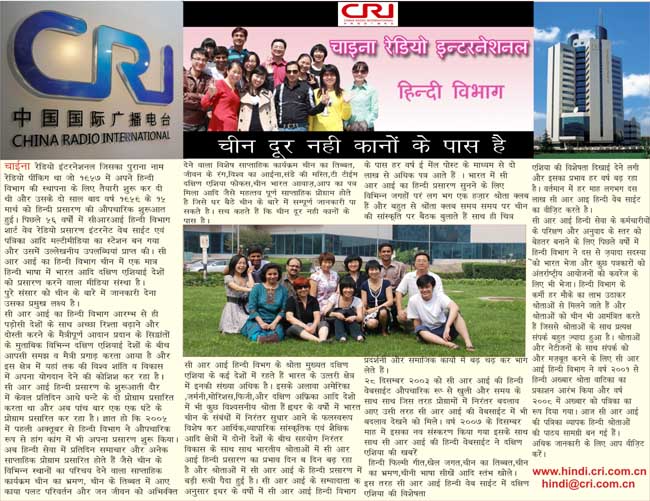

Many of these stations primarily broadcast content created or supplied by CRI or by media companies it controls in the United States, Australia and Europe. In the United States, reporters reviewed scores of regulatory, zoning, property, tax, immigration and corporate records, including radio station purchase contracts and lease agreements. The reporters monitored broadcasts in many of these countries, programming distributed primarily in English and Chinese, but also in local languages, including Thai, Italian and Turkish.Ĭhinese corporate records were obtained in Beijing. To report this story, 39 Reuters reporters pulled corporate and regulatory filings in 26 countries to identify a web of radio stations connected to three Chinese expatriates and their behind-the-scenes backer, China’s state-run China Radio International. Part 2: At U.N., China silences human-rights critics
China radio international streaming url movie#
Part 1: How Sony sanitized a movie to please Chinese censors In America, weak limits on voices of foreign governments WCRW is just one of a growing number of stations across the world through which Beijing is broadcasting China-friendly news and programming.Ī Reuters investigation spanning four continents has identified at least 33 radio stations in 14 countries that are part of a global radio web structured in a way that obscures its majority shareholder: state-run China Radio International, or CRI. Instead, an analyst explained that tensions in the region were due to unnamed “external forces” trying “to insert themselves into this part of the world using false claims.”īehind WCRW’s coverage is a fact that’s never broadcast: The Chinese government controls much of what airs on the station, which can be heard on Capitol Hill and at the White House.

Located outside Washington, D.C., WCRW radio made no mention of China’s provocative island project. As media around the world covered the diplomatic clash, a radio station that serves the most powerful city in America had a distinctive take on the news. BEIJING/WASHINGTON – In August, foreign ministers from 10 nations blasted China for building artificial islands in the disputed South China Sea.


 0 kommentar(er)
0 kommentar(er)
